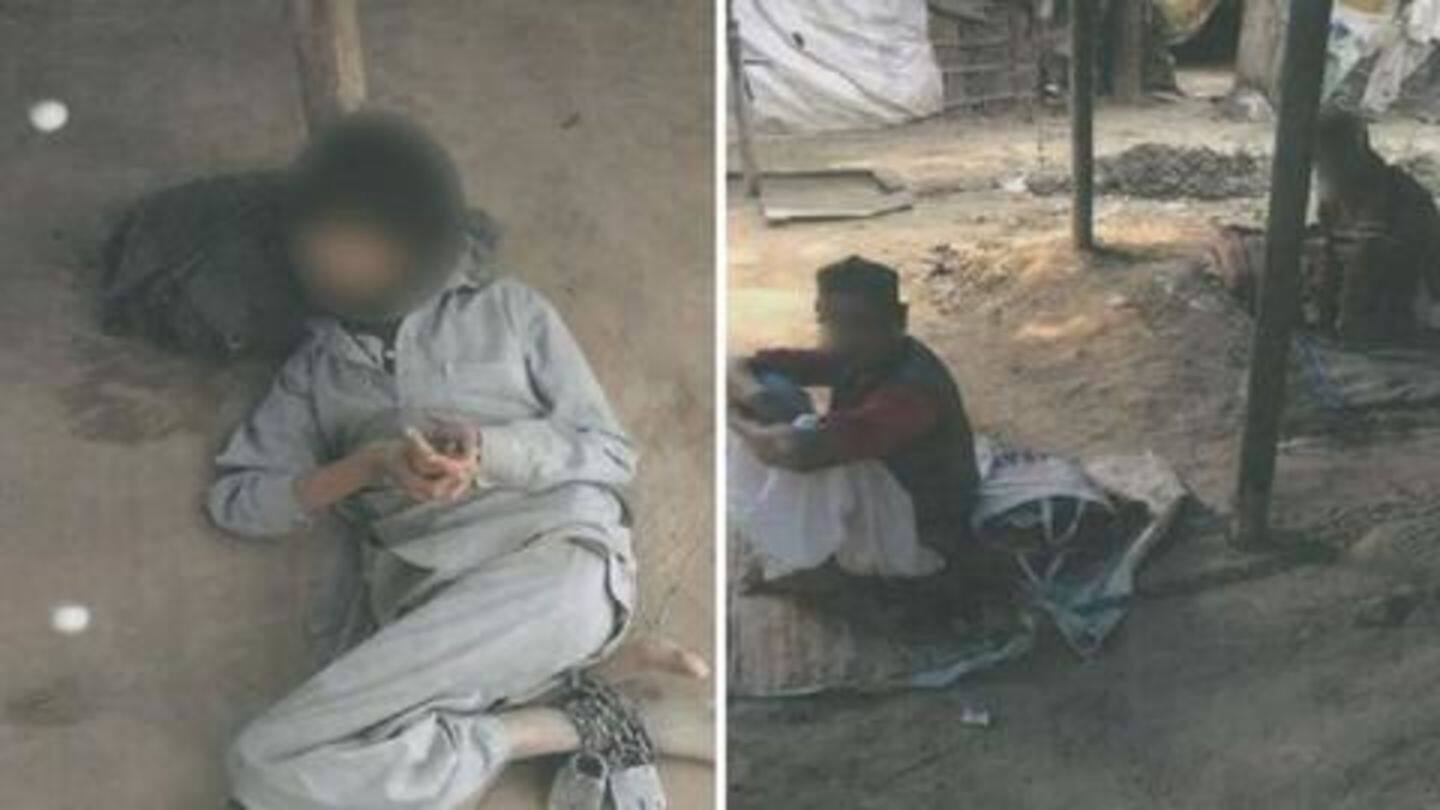
22 mentally-ill inmates of Badaun asylum handed over to families
What's the story
Following the displeasure shown by the Supreme Court over the chaining of mentally-ill persons in a faith-based mental asylum in Badaun, Uttar Pradesh, the district administration freed 22 persons today and handed them over to their family members.
On January 3, the Supreme Court said chaining of mentally-ill people could not be allowed and termed it as "atrocious" and "inhuman".
Read the details here.
Quote
District administration freed the inmates yesterday night
Senior Superintendent of Police Ashok Kumar confirmed, "In pursuance of the recent SC observations, the district administration and police reached the faith-based mental asylum yesterday night and freed 22 mentally-ill patients who were kept in chains. They were then handed over to their family members."
Top Court
Chaining people with mental illness violation of Article 21: SC
Sub-Divisional Magistrate (Sadar) Paras Nath Maurya said, "In accordance with local belief, a number of mentally-ill patients reach here(asylum). The patients (in the name of divine treatment) are kept in chains so that they cannot run away."
A bench comprising justices AK Sikri and S Abdul Nazeer said chaining people with mental illness was violative of their rights under Article 21 of the Constitution.
Petition
The issue was raised by advocate Gaurav Kumar Bansal
Article 21 of the Constitution deals with life and personal liberty.
The bench further said that their (inmates) dignity could not be compromised.
It made the observations while hearing a PIL filed by advocate Gaurav Kumar Bansal, who had alleged that persons with mental illness were kept chained in the asylum in violation of the provisions of the Mental Healthcare Act, 2017.
Court's order
It's atrocious, says SC on seeing photographs of chained people
The court perused the photographs of the patients who had been chained and said it was a matter of great concern.
"These are mentally challenged persons. You (petitioner) have placed the photographs and they all are chained. It is atrocious," the bench observed.
The court asked the petitioner to call a law officer of the Center so that appropriate interim orders could be passed.